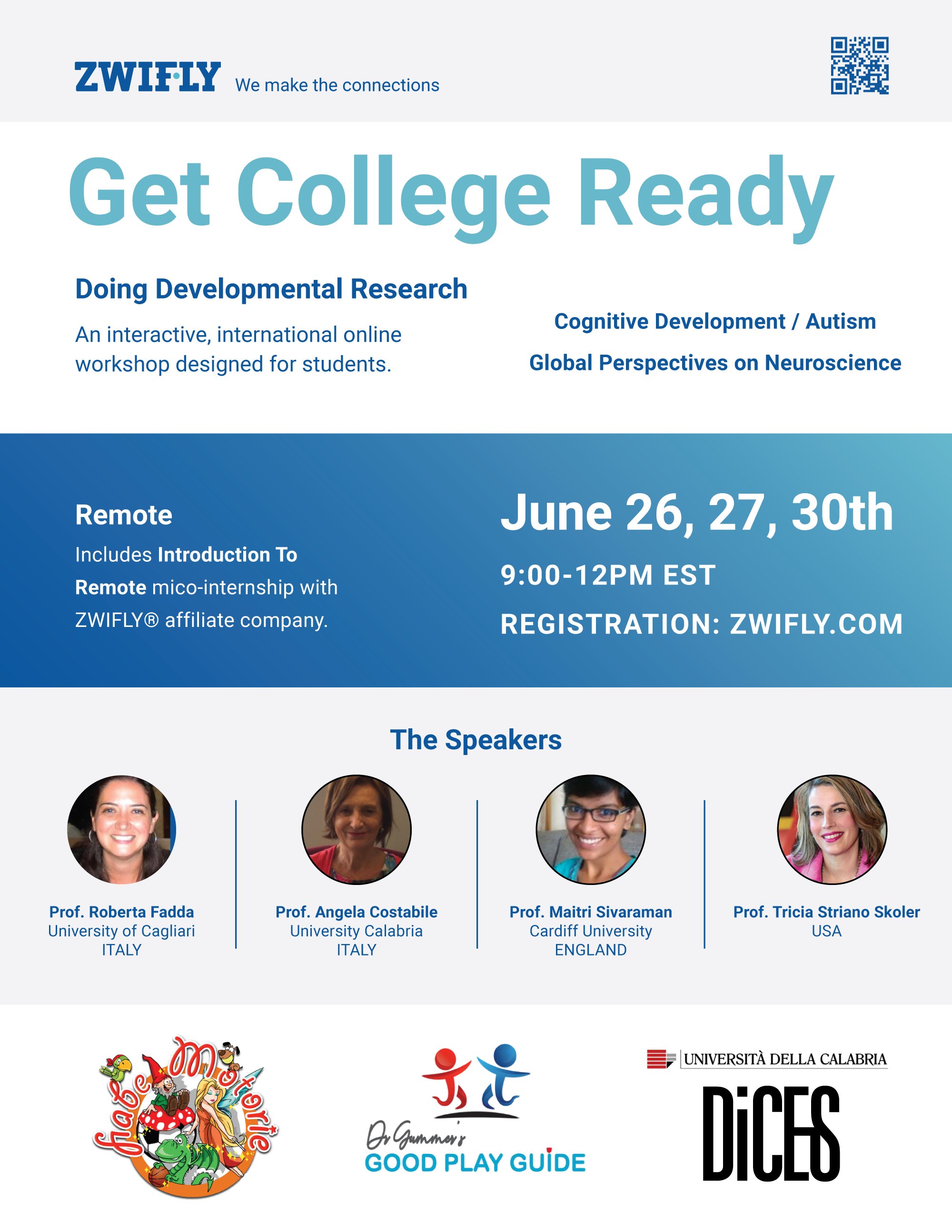It is also important for children to continue to improve their motor development and cognitive development. They can do this through new activities. Here are three of my tips to help encourage your child to get involved in a new activity:
1. Watch Others Play: Take your child to watch a professional team play or practice in a real arena or stadium. Watch a new sport on television. Make it a point to watch together every night after dinner. Bring your child to their cousins/older siblings game. Let your child see other people having fun as they play the sport. This will get your child interested!
2. Let them select: Do not tell your child which sport to play or get involved with. Rather, let them choose which one interests them. Just because you were captain of the football team when you were in high school does not mean that your child wants to be. Children do not always want to follow in their parents footsteps. In fact, it is exciting to to get involved with an activity or sport that is unfamiliar to both of you. Together you can bond over a newfound interest in the new activity.
3. Be Open: If your child is not the sporty type, that is okay! Do not push sports on your child if they are not into them. Instead, there are plenty of healthy and active activities that will stimulate early development. For example, you may see if your child is interested in hiking, yoga, origami making, learning a new instrument, or learning to bake.
By S. Verra (College of the Holy Cross Undergraduate; ZWIFLY®)
Play to Learn
Play is a natural and important part of human development. What do children learn from play? First they learn to explore and experiment. Experimentation is an important skill that is at the core of development. Children are often in the process of experimenting. When infants are born, they experiment by scanning the world with their eyes. They test out different types of cries and looking patterns as they experiment with caregivers. Infants cry differently depending on their basic needs, whether they want to be held or fed. Babies’ cries have complex musical properties (1). It is no wonder that infants have a natural sense of rhythm. Sometimes infants cry as a way to communicate because they simply want to play with others. Play begins early whether we are signing to infants with a playful voice or teasing them with a toy.
Wermke, K., & Mende, W. (2009). Musical elements in human infants’ cries: In the beginning is the melody. Musicae Scientiae, 13, 151–175.











